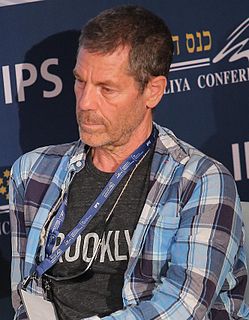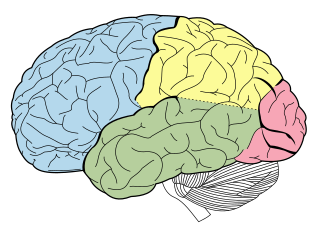A Quote by Paul Allen
No one knows the complete function of sleep. Is it to reset the brain or give it more of a rest period? Is it for cleaning the brain of all the garbage protein? For me, talking about these things as a non-biologist is fascinating.
Related Quotes
Being healthy is a complete lifestyle for me. It allows my brain to function at a very high degree so I can comprehend all the new things that are thrown at me. It also allows me to sleep well so that I am rested when I need to perform. Finally, being healthy will hopefully allow me to live a long and fun-filled life.
Most of our brain cells are glial cells, once thought to be mere support cells, but now understood as having a critical role in brain function. Glial cells in the human brain are markedly different from glial cells in other brains, suggesting that they may be important in the evolution of brain function.
The brain is a dynamic system that constantly processes and creates your reality. It works best if you balance all the things that the brain is good at. The brain is good at being adaptable, flexible, creative, and intelligent. But it's also good at playing and just being. A balanced life provides time - every day if possible - so that every function of the brain is allowed to come alive and flourish.
There is also a particular area of sleep called slow-wave sleep. I immediately liked this idea. It turns out this part of sleep is where the brain basically gets into step with itself and gets into this one single phase of these relatively slow brain waves - around 10 Hz or so - and the whole brain 'fires all at once'. This is a brilliant bit of sleep where we consolidate memory and learning, and memory is one of my obsessions really.
Just as important as getting enough sleep is thinking about sleep in the right way. Stop thinking of sleep and naps as “downtime” or as a “waste of time.” Think of them as opportunities for memory consolidation and enhancing the brain circuits that help skill learning. Nor should you feel guilty about sleep. It's just as crucial a part of successful brain work as the actual task itself.
When you sleep your eyes move left and right and physical movement takes trauma and moves it from your frontal lobe to the back of your brain or to another part of the brain where you can store it that memory but when you think about those things that happened, you don't associate the feeling that normally comes with it. So the problem is if you have something traumatic happen and you are not getting a good amount of rest, it will stay in your frontal lobe.

































